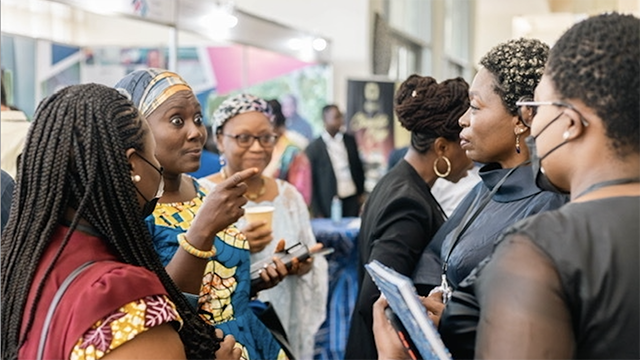Amid the constant stream of news coming from the Arab revolutions, Harvard Kennedy School professor Nicholas Burns, Foreign Policy Editor-in-Chief David Rothkopf, and Chairman of the Institute’s Middle East Programs Toni Verstandig stepped back at the Ideas Festival to examine how far the region has come in the 18 months since the Arab Spring began, and its prospects for the future.
“Contrast the hope of January 2011 with today,” Burns said. “Many of those dreams haven’t yet been realized. But there is some hope—Tunisia, Morocco, to some extent Jordan, and possibly Egypt, are countries moving in the right direction. Syria and Yemen, obviously not.”
But who can influence development in the region? “The private sector doesn’t care—it acts in the self-interest of the private sector,” Rothkopf said. “The United States is going to write small checks, the European Union is otherwise engaged and is going to write small checks. The people in the region need to be the ones to invest.” Verstandig disagreed, citing the leadership of “corporations, and ours in particular, that are continuing to play extraordinary roles—they can lead and bring some of the other players to the table.”
Burns split the difference, crediting the mediation to his long career in diplomacy. “Egyptians are going to rise and fall based on what Egyptians do,” he said. “But the United States also has a very important relationship with Israel, and that isn’t going to go away. If Egyptians try to abrogate the Egypt-Israel Peace Treaty, Egyptian aid will be at risk, and I would very surprised if that has not already been relayed to Morsi.”

